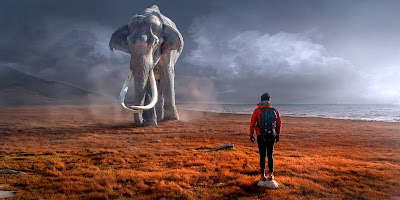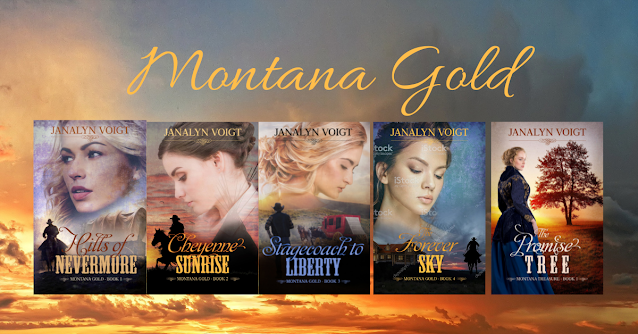
Wild West Sayings We Use Today, Part 39
Tuckered
After a walk that went on a mile too many, a weary hiker might proclaim herself ‘tuckered out.’ We use this term today, as they did in the Wild West, to describe a state of utter fatigue. ‘All,’ ‘plumb,’ or another intensifier might tag along, I suppose in case the listener needs convincing.This phrase originated in America. 'Tucker' is a New England colloquialism for 'to become weary.' Tucker may be rooted in the Old English ‘tuck’ (punish or torment). If you’ve ever suffered from sore feet during a hike, you’ll get the connection.
'Tuckered' gained popularity in the Wild West. ‘Plumb,’ meaning ‘entirely,’ usually preceded the term, which was often used to describe children.
Historical Reference: ‘Tuckered out’ has been around since at least 1839. The earliest print example appeared in the "Wisconsin Enquirer," a newspaper: “I reckoned to have got to the tavern by sundown, but I haven’t, as I’m prodigiously tuckered out.”
Example: “Johnny is all tuckered out after a day at the fair.”
Uppish
Someone who puts on airs in a snooty manner is called uppish in certain circles.Some slang terms are fun to say, and this is one of them. The various forms—uppishness, upishnessly, and the similar uppity) also roll off the tongue. Uppish is a British slang term, which is no surprise. Societal classes are more important for a people who celebrates its monarchy. Not that a class structure doesn’t exist in America, but many who live in “the land of opportunity” are interested in rising above it. Still, there is a section of American society that might employ this term today. The Wild West saw its share of gold miners who struck it rich, landed cattle barons, and copper kings who gained untold wealth. Although many of these folks went from rags to riches, they lived with privilege. Long-held societal barriers began breaking down in the aftermath of the Civil War. I suspect that sheer necessity also had something to do with changing opinions. Widows didn’t always observe proper mourning periods, as one example.
Historical Reference: An early use of uppish in print has the not-so-nice title of A New Dictionary of the Canting Crew in its Several Tribes of Gypsies, Beggers, Thieves, Cheats &c., London: W. Hawes et al. (1699): “Uppish, rampant, crowing, full of Money. He is very Uppish, well lined in the Fob.”
Example: “Wearing a tuxedo to a wedding when you’re not the groom is a bit uppish.”
Whopper
Something unusually large can be called a whopper, hamburgers included. Given that the word originally signified ‘a big lie’—a nuance it retains today, you have to wonder if that was such a good name for a product. But I digress.Historical Reference: ‘Whopper’ for a something impressively big is known from the 1620s. The lie meaning possibly emerged from the mid-15th century ‘whop’ (to strike or beat).
Example: He told a whopper about catching a whopper of a fish.
After stumbling across a list of Wild West sayings that I noticed were in use today, I decided to write this blog series. Finding a topic to write about each month can be tough, but studying words wraps it up fairly neatly. Along the way, I rediscovered the abiding love for word meanings that prompted me to read dictionaries for entertainment as a child. What can I say? Writers do such nerdy things. When I decided to go through the entire list, it never occurred to me that it would take years. I am proud to announce that next month I will complete that list. I’m batting around ideas for new topics. If you have any to suggest, please leave a comment to let me know.
Learn What’s New with Janalyn Voigt
I just turned in final edits for The Whispering Wind (Montana Gold, book 6), wrote the back cover copy, and suggested images for use in the cover. It feels good to be finished with the book, apart from answering any questions that arise during the proofreading process. Ending the series makes me a little sad, like I’m saying goodbye to family members. Someone wise once told me that change starts with endings and beginnings—and the endings always come first. I’ll take a moment to breathe before diving into the next projects. More on that next month.Fall in Love with The Montana Gold Series
Explore faith, love, and courage in the Old West.







Thanks for posting another chapter in the origin of words. I have loved it. I imagine that you would enjoy getting away from definitions for a while! I knew all of today's words, although I know "uppity" rather than "uppish".
ReplyDelete